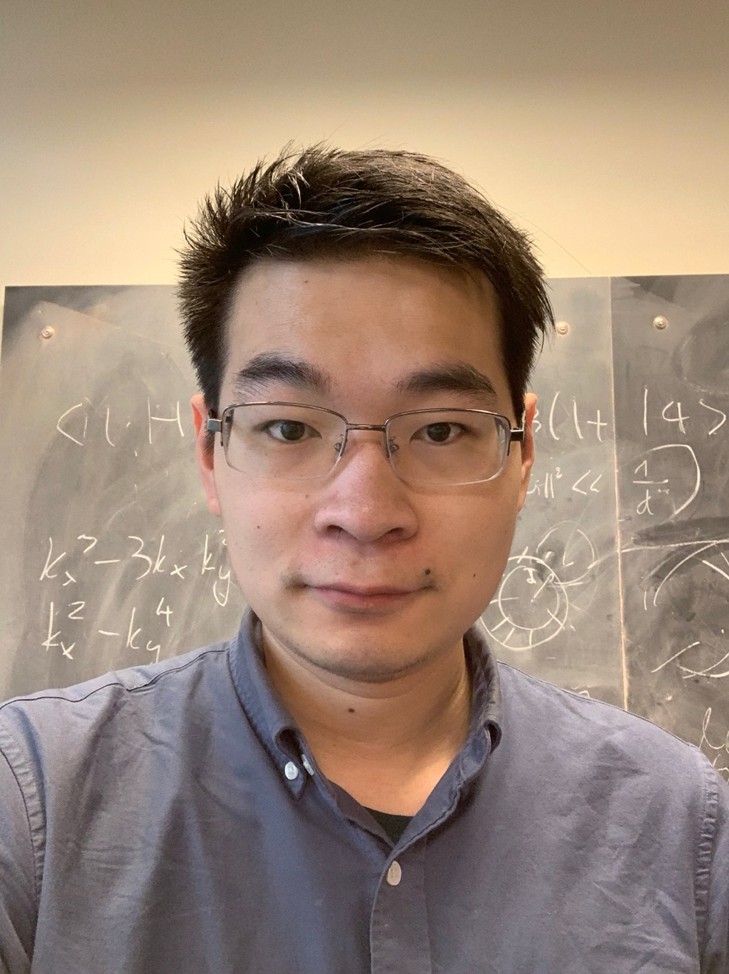ECE Seminar
Nonlinear optics in quantum materials
This event is free and open to the publicAdd to Google Calendar

Abstract:
The bulk photovoltaic effect [1-2] rectifies light into the dc current in a single-phase material, which attracts the interest to design high-efficiency rectifiers and solar cells beyond the pn junction paradigm. In this talk, I will describe two new nonlinear optical effects from quantum geometry of electronic wave function. First, a nonlinear Hall effect at zero magnetic field, whereby an applied dc to terahertz electric field induces a transverse current at second order [3]. This effect arises from the Berry curvature of electrons under acceleration in inversion-breaking systems. I will discuss its application for terahertz detection without invoking any conventional diode. Second, a quantized circular photogalvanic effect at the optical regime, whereby the incident circular polarized light leads to the conductivity quantization. This effect directly measures the topological charge of Weyl points in electronic structures and leads to a record photocurrent up to 550 . I will discuss the material realization using chiral crystal CoSi and how we approach the ideal quantization [4].
[1] Y Zhang, et al, PRB 97 (24), 241118 (2018)
[2] Y. Zhang et al, Nature Comm 10 (1), 1-7 (2019)
[3] Y Zhang, L Fu, PNAS 118 (21) (2021)
[4] Z Ni*, K Wang*, Y Zhang* et al, Nature Comm 12 (1), 1-8 (2021)
Bio:
Yang is currently a postdoctoral associate at the department of physics of the Massachusetts Institute of Technology. He received his BE degree in Physics & Mathematics from Tsinghua University in Beijing, China in 2015, and Ph.D. in Physics from Max Planck Institute in Dresden, Germany in 2019. His research interest lies in understanding quantum transport and light-matter interaction in quantum materials and the potential application in wireless communications, data storage, and energy harvesting. He has worked in the areas of antiferromagnetic spintronics, nonlinear optics, moiré semiconductor, electro-catalysis, material informatics, and machine learning. Yang has received several awards, including two overall Winner Awards in the World Supercomputing Contest, the Tschirnhaus Medal from Leibniz Association, and the Otto-Hahn Medal of the Max Planck Society.
 MENU
MENU 
